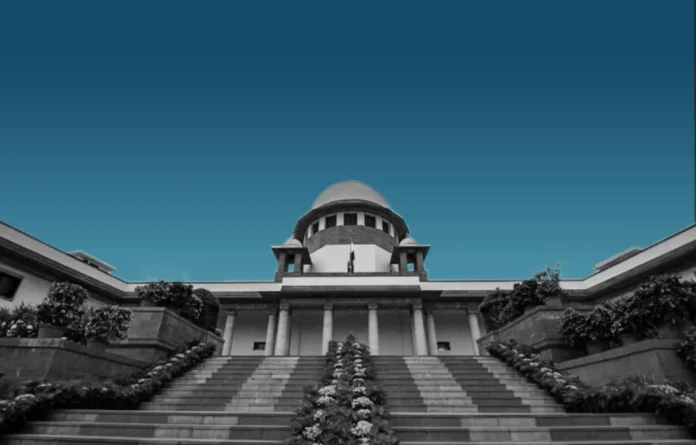The Supreme Court has raised strong concerns over the prolonged incarceration of lawyer and activist Surendra Gadling in connection with the 2016 Gadchiroli arson case. While hearing his bail plea, a bench of Justices J.K. Maheshwari and Vijay Bishnoi asked the State how it could justify keeping an accused in custody for years without meaningful progress in trial, remarking: “How long can you keep a person in custody without trial?”
The State, represented by Additional Solicitor General S.V. Raju, argued that the delay was not attributable to the prosecution but to Gadling himself. According to the State, Gadling filed a discharge application but refused to argue it unless he was physically present in court, something officials said could not be ensured due to security reasons.
The bench, however, was not satisfied with this explanation. Justice Maheshwari stated that if an accused declines to argue, the court should not let the case stagnate but instead record the non-cooperation and proceed to decide the application on merits.
The bench directed the Maharashtra government to submit a detailed status report explaining why the trial had not moved forward. The Court also sought clarity on how the State intended to conduct proceedings, especially when some co-accused remain absconding, and to set out a realistic timeline for the completion of trial. The matter will now be taken up again on October 28 or 29.
Gadling faces serious charges under the Indian Penal Code and the Unlawful Activities (Prevention) Act (UAPA). He is accused of conspiring with Maoist groups to orchestrate an arson attack in which more than 80 vehicles transporting iron ore were set ablaze in Gadchiroli. He was first arrested in June 2018 in the Bhima Koregaon case and later, in February 2019, was taken into custody for the Gadchiroli incident. Since then, he has remained behind bars with no substantive progress in trial.
The Supreme Court clarified that it is not yet examining the strength of the prosecution’s case or ruling on the merits of the charges. Its present concern, the bench stressed, is the broader constitutional issue of prolonged custody without trial, which undermines the very idea of fair process.


